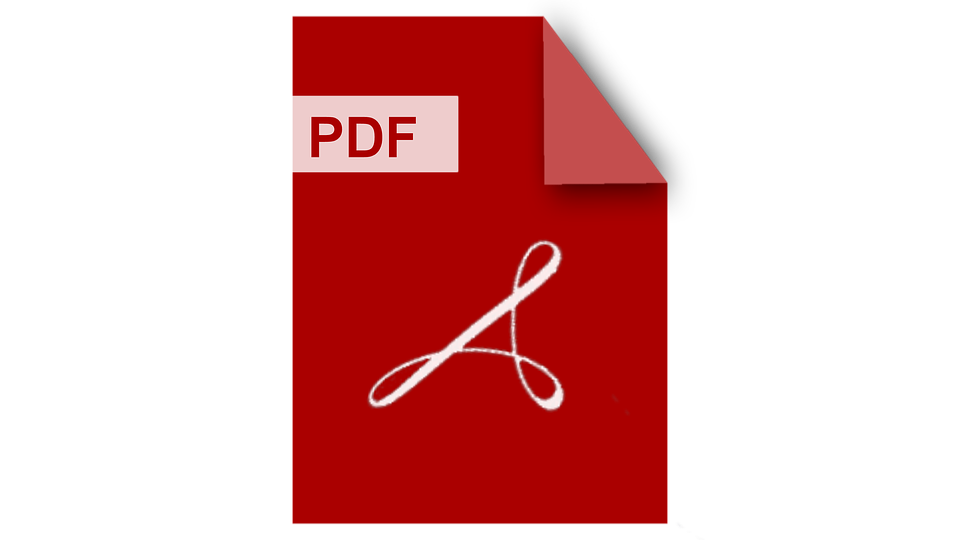ISBN: 978-981-11-0008-6 DOI: 10.18178/wcse.2016.06.119
Design, Upgrading and Creation of the State-of-the-Art Two- Photon Laser Microscope View of Features Used in Neuroscience
Abstract— This article may be regarded as a quick reference to laboratory staff who wish to develop their
own microscope system for self- service and modernization in order to save the lab budget. Two-photon
microscopy offers several advantages compared with other forms of microscopy. Of particular importance is
two-photon microscope for biology, since it allows research on living tissue with less damage to it, while
having a higher resolution , the ability to penetrate to a greater depth and has less dissipative. The use of a
pair of photo multipliers allows to use two dyes with various ranges of fluorescence that is important for
performing biological researches. Detectors are installed in purpose designed place to the aperture of lenses,
besides, the fluorescence beam doesn't pass the way back through the scanning module, but directly gets onto
the detector. They are accommodated on the movable part of the microscope. The work is performed with
financial support of the state represented by the Ministry of Education and Science of the Russian Federation,
the unique identifier of the project is RFMEFI57814X0079 project, the agreement on granting a subsidy
14.578.21.0079 dated 28.11.2014 between the Ministry of Education and Science of the Russian Federation
and UNN.
Index Terms— two-photon microscope, imaging, uncaging, programming, engineering, designing.
Alexander Popov, Maxim Doronin
Lobachevsky State University of Nizhny Novgorod, RUSSIA
Alexander Popov
Volga State University of Water Transport, RUSSIA
Cite: Alexander Popov, Maxim Doronin, "Design, Upgrading and Creation of the State-of-the-Art Two- Photon Laser Microscope View of Features Used in Neuroscience," Proceedings of 2016 6th International Workshop on Computer Science and Engineering, pp. 673-677, Tokyo, 17-19 June, 2016.
